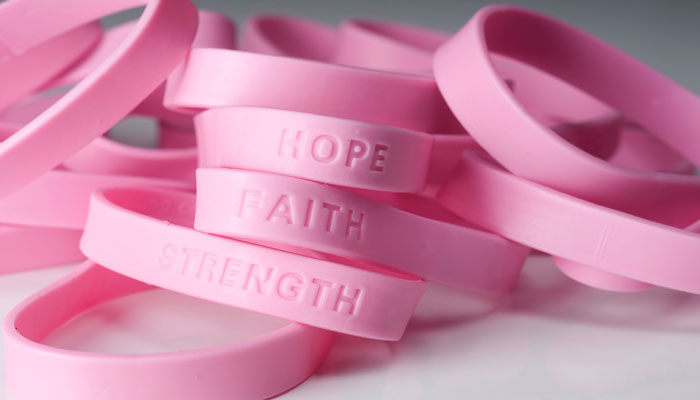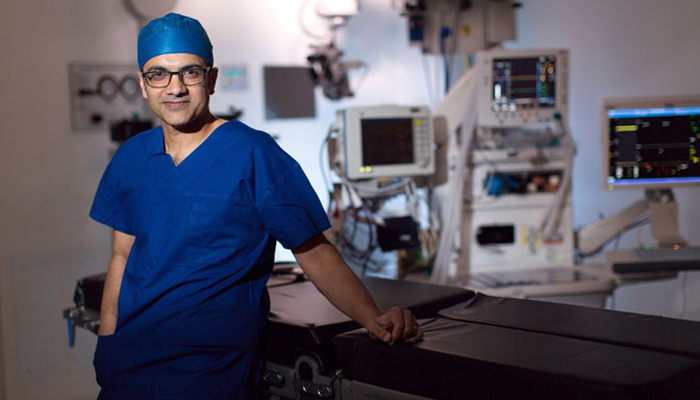The battle for a cancer cure has been on the forefront of the scientific and political agenda for decades. In the 1970s, Richard Nixon called for a “War on Cancer”. In his last year of term, Barack Obama waged a cancer “moonshot”, investing $1 billion on cancer research and treatment. With significant worldwide interest and investment, are we any closer to finding that magic bullet that will cure cancer?

We first need to define the expectations. Unlike infectious diseases, it is unlikely that cancer can be eradicated. Broadly speaking, cancer develops from mutated cells within the body that fail to undergo self-repair. While we can try to eliminate many potential risk factors, such as smoking, poor diet and sun exposure, ultimately one of the biggest risk factors for cancer development is ageing. As our cells age, so too does the frequency of mutations within these cells. But a cure for ageing is perhaps a far more elusive goal.
This leads to a more specific question - If we cannot eradicate cancer, can we send it into total remission when it develops? To answer this, we need to appreciate that cancer is not just one disease. Rather, it is many diseases. There are many different types of cancer, borne of many different genes and biological mechanisms and every patient is different. That means every patient’s innate response to cancer and their cancer treatment can be very different as well.
Thus it would be very unlikely to find a singular cure for such a complex group of disorders. However, the prospect for finding cures for specific cancers is promising. In the past few years alone, there have been significant breakthroughs in cancer therapies. The evolution of genomic sequencing has allowed scientists and doctors to map out mutations in individuals’ cancer and devise therapies to target those particular mutations. Similarly, a multitude of methods, collectively called immunotherapies, have been developed to employ patients’ own immune systems to recognise and destroy cancer cells. Cancer patients are now achieving years and coming up to decades of remission that were not afforded to them previously.
However, large obstacles remain omnipresent. Current immunotherapy strategies only work on specific tumour types, but remain ineffective for others. Patients who initially respond to targeted molecular therapies eventually develop resistance and their tumour returns. The holy grail of cancer therapy is to develop a treatment that a patient will never develop resistance to.
There is much that needs to be done on every front of the cancer battle. As a medical oncologist, I have seen the ever evolving and improving landscape of cancer management. I am more optimistic than ever that while we will never find that one magic bullet, we will one day have an armamentarium of therapies to cure many cancer types. It is important to continue to invest in funding for cancer research and utilise international collaborative efforts more efficiently to make this a certain reality.



